

These are the summer poems every gentleman should know
Looking to brush up on your cultural credentials? Well, summer poems are the perfect (and seasonal) place to start...
Words: Izzie Price
We imagine you probably don’t feel as though you have much time for poetry this summer. The long-anticipated Freedom Day has come and gone; restrictions are lifted, nightclubs are open, and our diaries are, once again, bursting at the seams. ‘Bring on the day drinking’ is a cry we’re hearing over hill and dale, left right and centre.
"Summer is the perfect time to brush up on your poetry..."
But give pause amidst all that fun and frivolity, gents; summer is the perfect time to brush up on your poetry. We can just picture the world’s most revered poets scribbling frantically as flower after flower burst into bloom, and the sun blazed down on our fair Isle — transforming it from a dreary, mizzly hinterland into a riot of colour, rays of sun stretching out in every direction. (It seems we’re getting a little poetical ourselves; we’ll blame it on the heat.)
A gentleman should never stop striving to improve his cultural credentials; and summer is no exception. So we’ve curated a selection of the summer poems every gentleman should know; prepare to casually drop a few lines into conversation at your next garden party.
1. Sonnet 18 by William Shakespeare

We had to start with Will; arguably the greatest writer of all time. The guy certainly had a way with words, and his thoughts on summer are certainly worth incorporating into your gentlemanly arsenal.
We assume you already know this one — particularly that famous first line. Perhaps it conjures up memories of pouring over your English textbook in a school classroom, while the sun beats down overhead? Whether you know it or not, it’s a summer poem that every gentleman should have on the tip of his tongue. It waxes lyrical about summer; and it’s not a bad love poem, either, should the need arise.
Key quote:
Shall I compare thee to a summer’s day?
Thou art more lovely and more temperate.
Rough winds do shake the darling buds of May,
And summer’s lease hath all too short a date[…]
2. Warm Summer Sun by Mark Twain
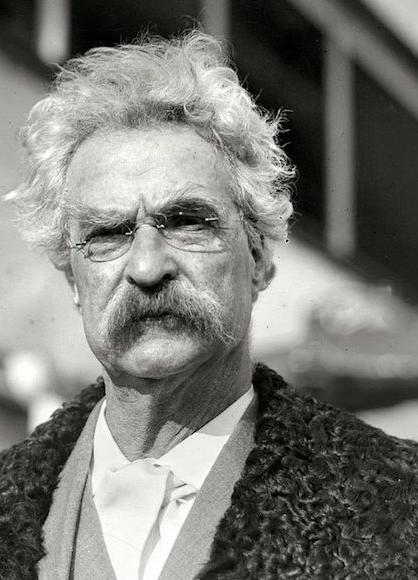
When we think of Mark Twain, we tend to think of Huckleberry Finn (and for good reason; that’s a book every gentleman should read at least once). But Twain’s literary capabilities extended beyond depicting adventures to be had on the Mississippi river; he was quite the poet, too.
This poem is a short one; but as we’ve often said, less is generally more. It’s an homage to the beauty of life, and to life’s rapid, fleeting nature: something we’re all more aware of than ever, thanks to the past year.
Key quote:
Warm summer sun,
Shine kindly here,
Warm southern wind,
Blow softly here.
3. The Sun Rising by John Donne

Ah, John Donne. The man had quite a life — which, presumably, is why he wrote such a good poem. His poems are known for promoting a fairly liberal attitude to love (and given he died in 1631, this was quite the talking point), and they’re also known for being a bit of a puzzle to work out (otherwise known as ‘metaphysical’).
This poem, though, has a clearer meaning than most of its contemporaries: it’s dedicated to the sun. It’s not a loving homage, as you’d expect from a summer poem — instead, Donne has a fairly irritable outlook on the sun’s activities; and his conceit rises to the fore when he suggests that he, in fact, could outshine the sun, were the mood to take him.
Key quote:
Thy beams, so reverend and strong
Why shouldst thou think?
I could eclipse and cloud them with a wink […]
4. Summer and Winter by Percy Bysshe Shelley

This is one of the best poems to appreciate all the beauties of summer: juxtaposing, as it does, the “bright and cheerful afternoons” of summer with the “mud and slime” of winter. Sometimes, you need a bit of comparison to make you appreciate what you’ve got; and thinking about those chilly, grey winter days on the distant horizon makes us appreciate every last bit of summer: even the ferocious heatwave we’re experiencing now.
Shelley was one of the Romantic poets (together with Byron and Keats, who we’ve included further down); and you can certainly see that in the bold imagery. If you’re going to quote Shelley at the next refined gathering you attend, make sure you do so with a flourish; he’s not one to be muttered as a quiet aside. How you achieve that flourish is up to you, gents.
Key quote:
All things rejoiced beneath the sun; the weeds,
The river, and the cornfields, and the reeds;
The willow leaves that glanced in the light breeze,
And the firm foliage of the larger trees.
5. The Lake Isle of Innisfree by W.B. Yeats
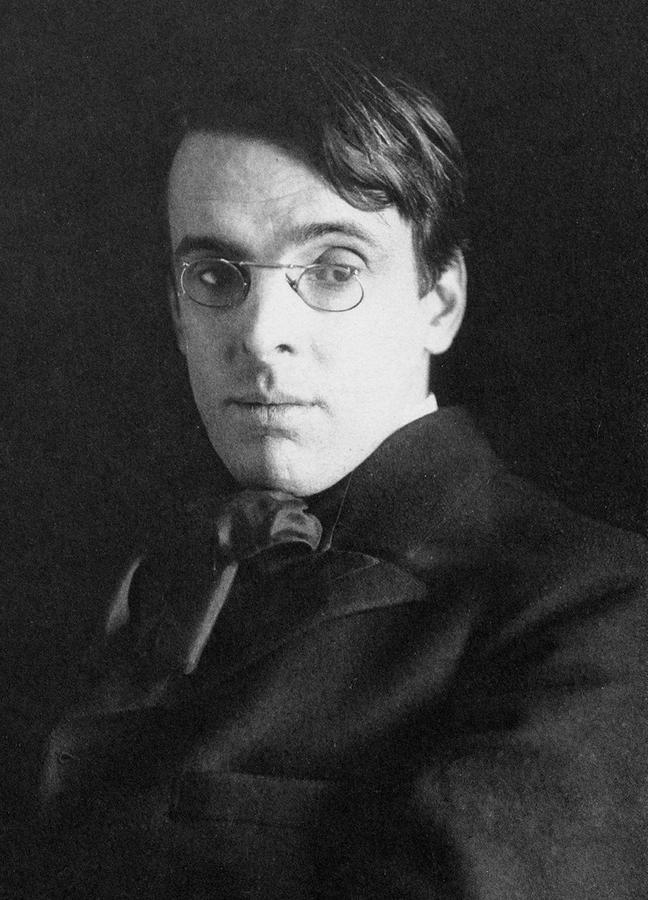
We’re guessing you’ll be able to empathise with Yeats on this one; he lives in a city, but longs to escape his urban lifestyle and escape to the peace, tranquillity and calm of Innisfree.
We can definitely sympathise; who wouldn’t want to escape busy, urban London in this ferocious heat, and head on down to a peaceful idyll? Salcombe, Devon, the Scottish Highlands; you name the staycation, and we’re there. Next time someone says ‘What I wouldn’t give to escape from London right now’, why not quote the following at them…
Key quote:
And I shall have some peace there, for peace comes dropping slow,
Dropping from the veils of the morning to where the cricket sings;
There midnight’s all a glimmer, and noon a purple glow,
And evening full of the linnet’s wings.
6. A Boat Beneath A Sunny Sky by Lewis Carroll
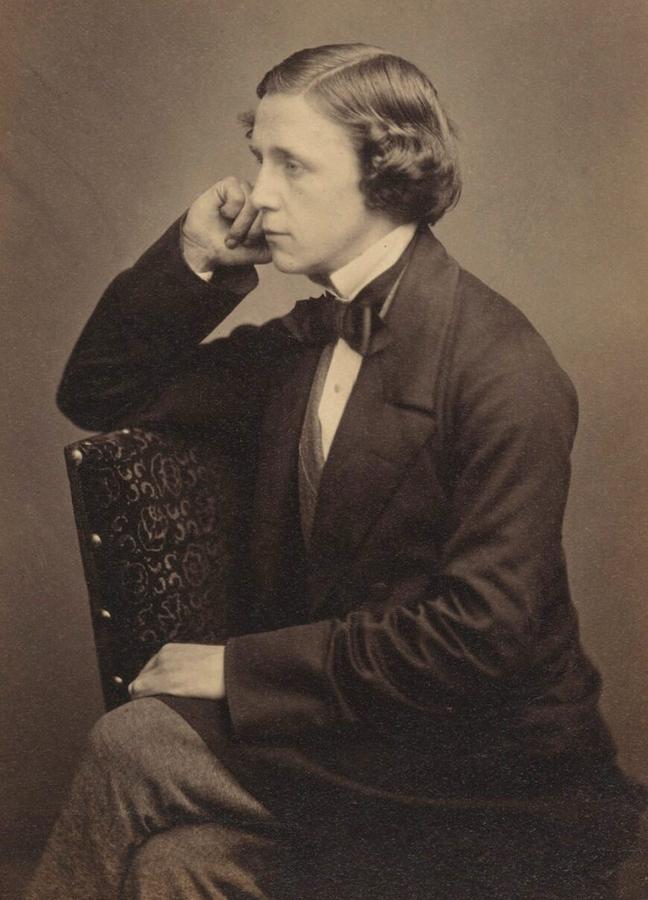
This is a dreamy poem; literally. It has a hazy sort of vagueness to it that makes it the perfect thing for mulling over during a lazy summer afternoon, when it’s too hot to do anything except lie in the shade (possibly under a suitable oak or willow tree, to get fully in the poetry spirit), arm flung over the forehead and a poetry book in the other hand.
Obviously we’re all familiar with Lewis Carroll and his wild imagination — jabberwockies, etc., you know the drill — but this poem is somewhat more innocent than his more well known works. A touching homage to the dreaminess of childhood, it’s a blissfully evocative summer poem: in every sense of the word.
Key quote:
Ever drifting down the stream —
Lingering in the golden gleam —
Life, what is it but a dream?
7. Now Sleeps the Crimson Petal by Alfred Lord Tennyson
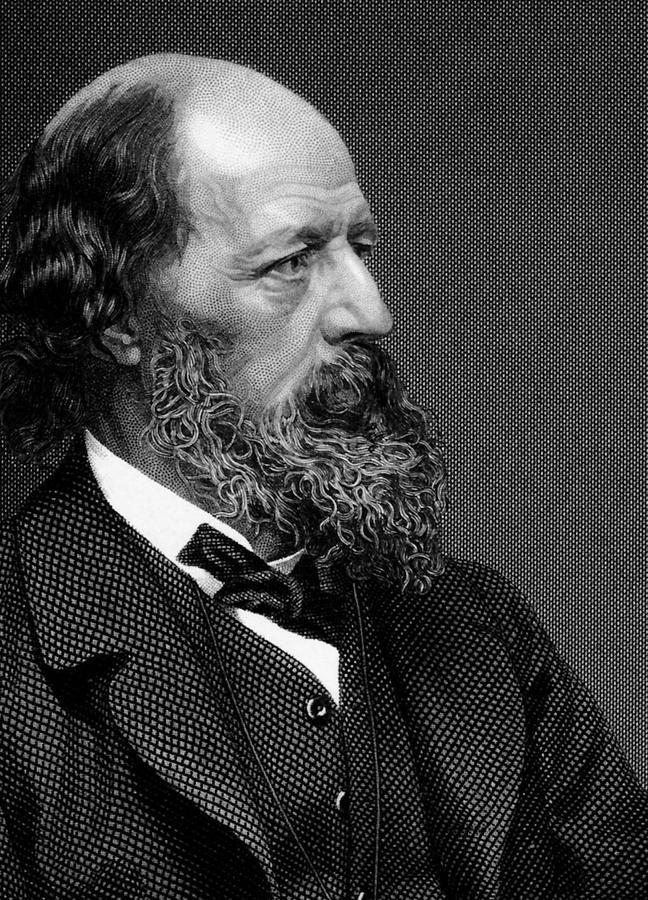
Engraving of Alfred (Lord) Tennyson (1809-1892), English poet. (Photo by Time Life Pictures/Mansell/The LIFE Picture Collection via Getty Images)
Once again, we’re getting flashbacks to GCSE coursework (or was it A-level?); always a risk when it comes to poetry. But there’s a reason this poem is studied across the land, year after year — it was penned by one of the country’s greatest poets of all time, and it’s one of his finest works.
Broadly speaking, it’s a love poem (though that’s probably an over-simplification that’ll have English scholars shaking their fists); but for us, it’s the imagery and lyricism that made us include it in our curation of essential summer poems. Tennyson creates an aspirationally beautiful setting — one where “milk white peacocks” wander, and the lily “slips into the bosom of the lake”: just the thing for a beautiful summer’s day.
Key quote:
Now sleeps the crimson petal, now the white;
Nor waves the cypress in the palace walk;
Nor winks the gold fin in the porphyry font:
The firefly wakes: waken thou with me.
8. The Way through the Woods by Rudyard Kipling
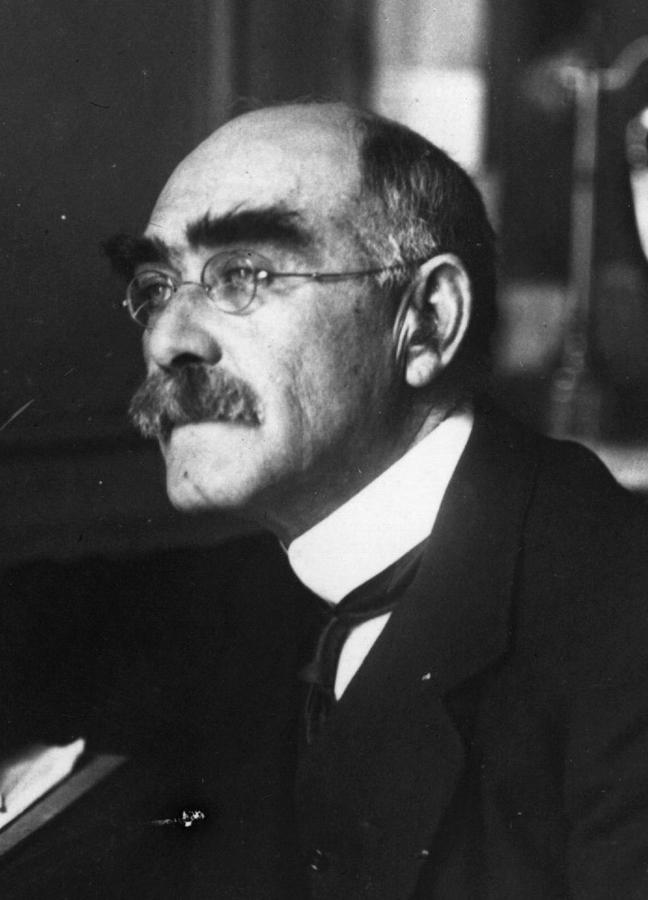
Rudyard Kipling (1865 – 1936), the English author. (Photo by Hulton Archive/Getty Images)
Like many of these poets, we’ve waxed lyrical about Kipling’s poetical prowess before. But for all our previous adulation, this poem might just be our favourite Kipling poem of all time. It’s no mean feat to produce a poem that’s heartbreaking and uplifting in equal measure: but Kipling, unsurprisingly, achieves it in one (seemingly) effortless bound.
It’s split into two stanzas. The first deplores the loss of the road that used to lead through the woods, shut 70 years ago; and the second hints at the free rein such a closure gives to the wood’s true residents; the animals, the nature and the like. It’s the sort of poem that you want to read over and over; so if the heatwave’s keeping you up at night, we’ve got the answer for you right here.
Key quote:
Yet, if you enter the woods
Of a summer evening late,
When the night-air cools on the trout-ringed pools
Where the otter whistles his mate,
(They fear not men in the woods,
Because they see so few.)
9. Fireflies in the Garden by Robert Frost
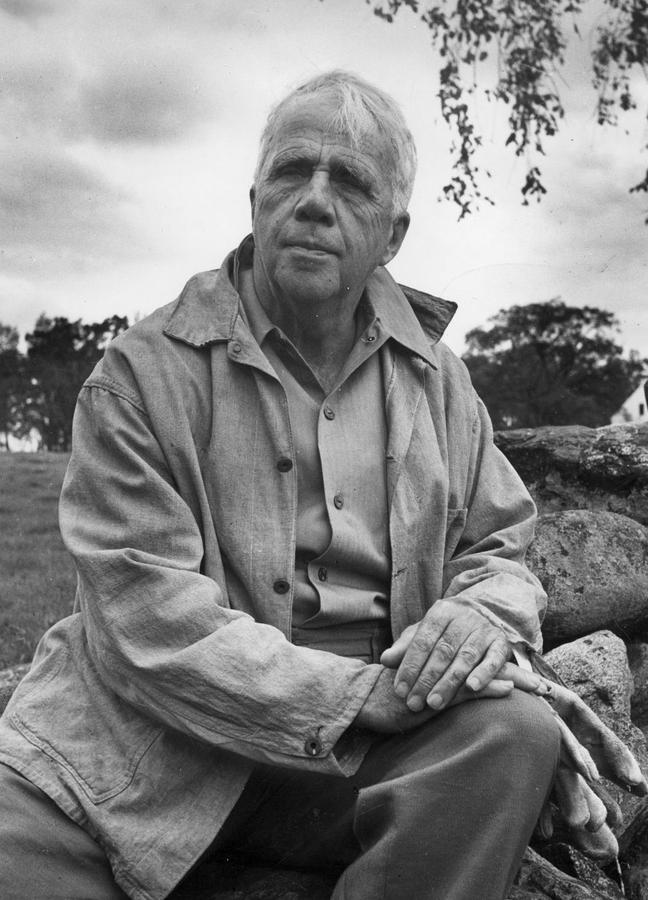
Fireflies are becoming a bit of a common theme; which is unsurprising, really, given their propensity to be found in the warmer climes. Fireflies are intrinsically connected to summer and warmth; so this poem belongs firmly in any mental summer poetry anthology you may be creating.
Plus, it’s a particularly gentlemanly poem. On the face of it, it’s exceptionally brief, clocking in at just six lines: but those six lines say a hell of a lot. Frost admires the fireflies for doing their best to imitate the stars — and we’d always admire a gentleman who strives to be the best he can be. Equally, though, he observes that they ‘can’t sustain the part’: suggesting that fireflies should be who they truly are. In turn, we’d always respect a gent who is honestly, unfailingly himself.
Who knew six lines could prompt so much discussion? But that’s poetry for you.
Key quote:
Here come real stars to fill the upper skies,
And here on earth come emulating flies[…]
10. Between The Dusk Of A Summer Night by William Ernest Henley

Henley is generally known for one poem, and one poem only (though, again, English scholars may come forth in their hundreds, brandishing Henley poems by the dozen): namely, Invictus. But this gem of a poem is one you should be unequivocally with, if you’re on the lookout for some summer-themed verse.
It wouldn’t be a poem if we didn’t have to work for its meaning: but if one thing’s clear, it’s this is a poem about living in the moment. There are likely myriad interpretations that can be taken here — differing poetry interpretations have fuelled Oxbridge English seminars for centuries — but it’s pretty clear that the joy of living is given full precedence. And we’re here for that, every step of the way.
Key quote:
O, it’s die we must, but it’s live we can,
And the marvel of earth and sun
Is all for the joy of woman and man
And the longing that makes them one.
Looking to read something a bit punchier? These crime thrillers are the perfect poolside reads…
Become a Gentleman’s Journal member. Find out more here.


